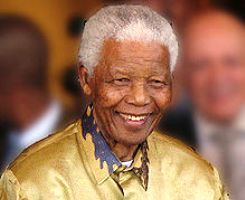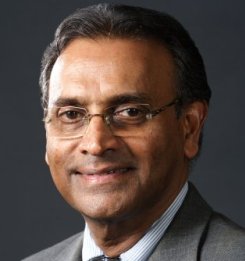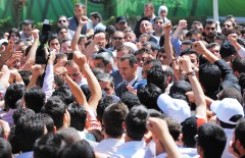No-Nuke Australia Thwarts Nuclear Free World
By Neena Bhandari* | IDN-InDepth NewsAnalysis
SYDNEY (IDN) – Australia has been expressing support for a nuclear weapons-free world, but documents obtained by disarmament advocacy group, the International Campaign to Abolish Nuclear Weapons (ICAN), reveal that the Australian Government sees the increasing international focus on the humanitarian impact of nuclear weapons as “rubbing up against” its reliance on the United States nuclear weapons.
ICAN has obtained declassified diplomatic cables, ministerial briefings and emails under freedom-of-information laws, which show that the Australian Government plans to oppose efforts to ban nuclear weapons.






